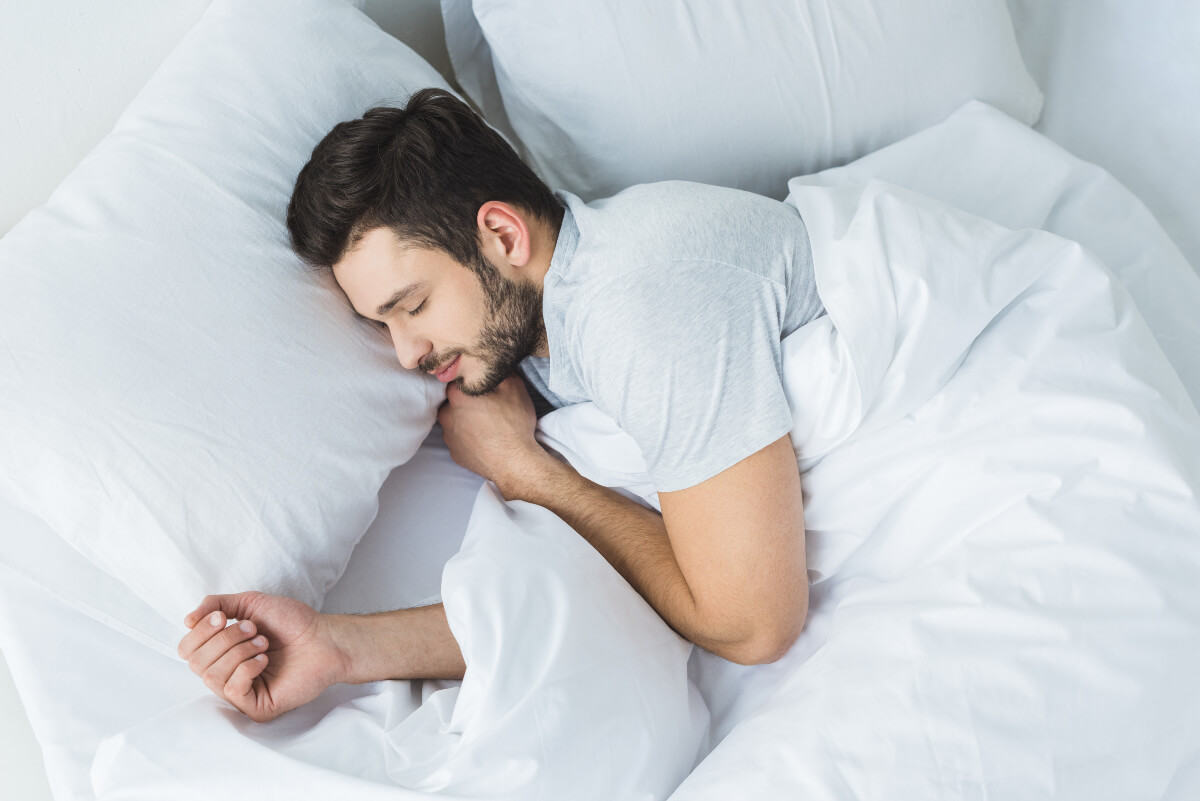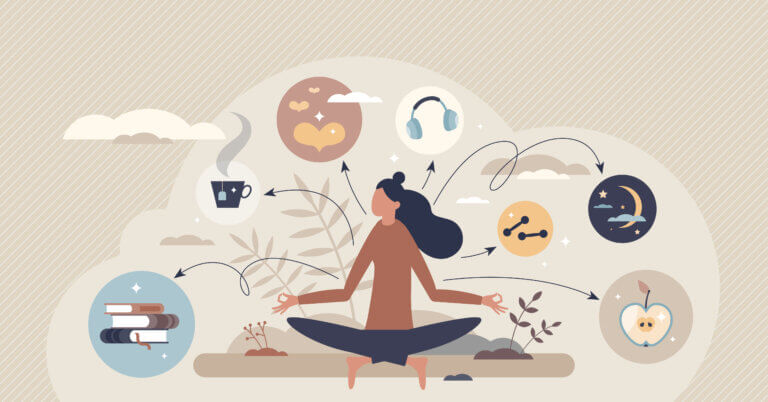Not only is sleeping a lovely way to spend an afternoon, but sleep keeps your body and brain functioning smoothly. Despite that fact, you’re not alone if you can’t sleep at night. An estimated 70 million people in the U.S. alone suffer from sleep disorders, which means a hefty portion of the population isn’t getting enough shut-eye each night.
Not Sleeping at Night Can Cause These Issues
If you’ve ever spent the night tossing and turning in bed, you know what a drag it can be to have trouble falling asleep. Not only can it ruin your mood and productivity, but research shows that sleep deprivation impairs attention, memory and decision-making.
The worst part of not being able to fall asleep and stay asleep each night, though, is being unclear on the cause of the issue.
Reasons You’re Not Sleeping at Night
As always, consult with a physician before coming to any conclusions or starting a new health regimen, but here are some possible reasons you’re not sleeping at night and what to do about each one:
1. Poor Sleep Hygiene
Sleep hygiene can be defined as “a set of behavioral and environmental recommendations intended to promote healthy sleep.” These recommendations may include steering clear of too much caffeine, exercising regularly and creating an atmosphere conducive to sleep with no loud noises or bright lights.

If you’re not sleeping at night, it could simply come down to a case of poor sleep hygiene involving one or all of the issues mentioned above. To sleep better, here are some things you could try:
- Cut back on caffeine
- Do some light activity before bed like going for a walk or practicing yoga
- Limit sound and cover any sources of light in your bedroom before trying to drift off
- Keep your phone and other devices out of the bedroom
Related Articles
Studies have shown that light-emitting devices reduce the production of melatonin, the sleep hormone. If you find it tough to avoid scrolling in bed, a digital detox could help.
2. A Sleep Disorder
Struggling to fall asleep at night could be correlated with a sleep disorder like insomnia, restless legs syndrome or sleep apnea. In fact, studies have shown that insomnia may affect anywhere from 10 to 60% of the population, so it’s more common than you may might think.

If you’re worried you’re experiencing one of these conditions, talk to your doctor. They may be able to help you diagnose the condition through a sleep lab and ultimately treat it with medication or therapy.
3. Excess Stress or Emotional Distress
We all know that going through a stressful life event like a divorce, a big move or a challenge at work can make you feel like you’re running from a sabretooth tiger to save your life. Excess stress can increase your heart rate and make you feel more alert and awake, even when it’s dark outside and time to go to sleep.

To cope with these stressors and ultimately improve your sleep, try leaning on your inner circle for emotional support and focus on creating a sustainable health and fitness routine. It’s also a good idea to cultivate calming practices like meditation or sound therapy. Learning to manage the stresses and anxieties that come with daily life is no easy feat, but if this is the reason you’re not sleeping at night, it’s well worth the extra effort.
Cheers to better sleep🥂! This month we’re toasting to wellness tips for a healthy and happy life.







